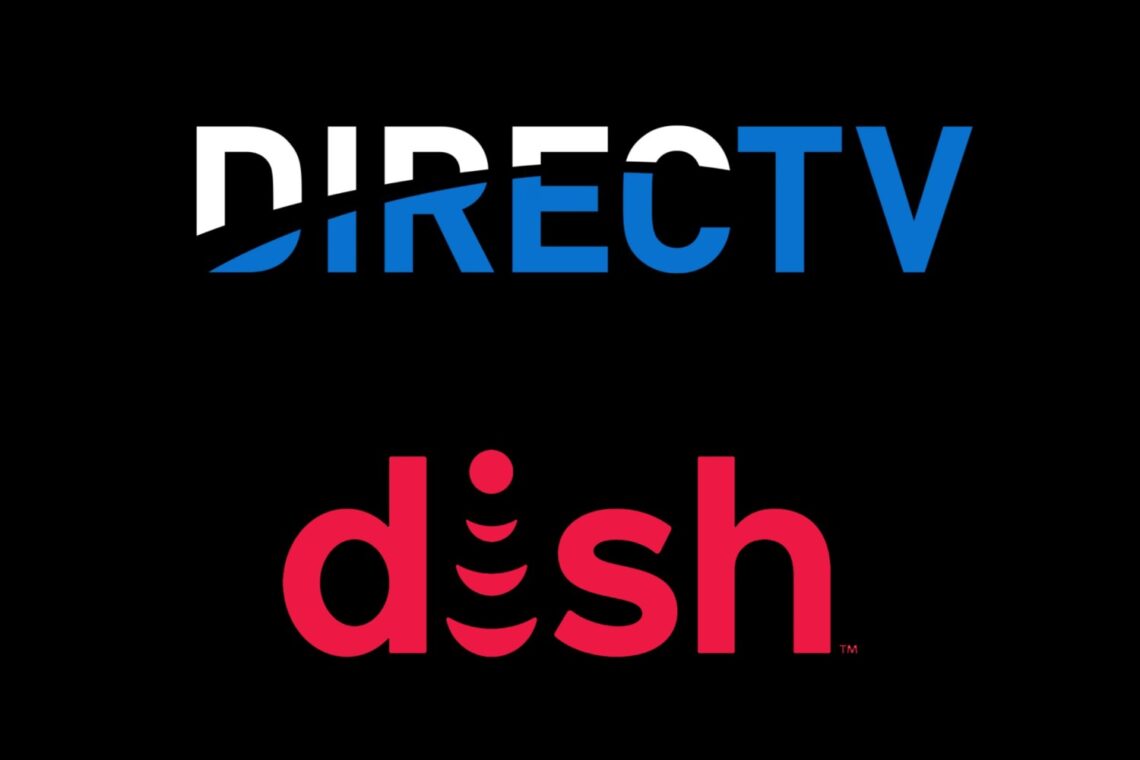DirecTV and Dish Network set to merge, creating a pay-TV giant
A new era for satellite TV
In a groundbreaking move, DirecTV and Dish Network are poised to merge, forming the largest pay-TV provider in the United States. DirecTV announced on Monday that it has reached an agreement with EchoStar, the parent company of Dish, to acquire Dish in a deal valued at nearly $10 billion. This merger marks a significant shift in the landscape of satellite television.
The deal details
Under the terms of the agreement, DirecTV will acquire EchoStar’s video distribution business, which includes Dish TV and Sling TV, for a nominal consideration of $1. Additionally, DirecTV will assume Dish’s net debt, which totals approximately $9.75 billion. The companies anticipate that the deal will close in the fourth quarter of 2025.
In a related move, AT&T has announced that it will sell its 70% stake in DirecTV to TPG, a venture capital firm that currently owns 30% of the operator. This transaction is expected to close in the second half of 2025 and is not contingent on the DirecTV-Dish merger.
Regulatory hurdles and industry trends
The merger will require approval from U.S. regulatory bodies, including antitrust clearance. Analysts believe that the deal is likely to receive approval due to the significant decline in the traditional pay-TV market as consumers increasingly turn to streaming services.
Together, DirecTV and Dish would serve nearly 20 million customers, a significant drop from their peak levels. DirecTV had an estimated 11.3 million subscribers at the end of 2023, down from a peak of 25.5 million in 2016. Dish, which once boasted over 14 million customers, ended the second quarter of 2024 with 8.07 million pay-TV subscribers.
Leadership and headquarters
Upon the completion of the acquisition, DirecTV will continue to be led by CEO Bill Morrow and CFO Ray Carpenter. The combined company will be headquartered in El Segundo, California, where DirecTV is currently based.
Morrow expressed optimism about the merger, stating, “With greater scale, we expect a combined DirecTV and Dish will be better able to work with programmers to realize our vision for the future of TV, which is to aggregate, curate, and distribute content tailored to customers’ interests, and to be better positioned to realize operating efficiencies while creating value for customers through additional investment.”
The rise and fall of satellite TV
DirecTV launched in 1994, followed by Dish in 1996. Both companies provided robust competition to cable TV operators. However, the past decade has seen a significant decline in their subscriber base, mirroring the broader trend in traditional cable TV as consumers migrate to streaming services. Despite launching internet-delivered pay-TV packages, neither company has been able to offset the losses on the satellite side.
Previous attempts to merge DirecTV and Dish, dating back to 2001, faced regulatory challenges. However, current market conditions suggest that regulators are more likely to approve the merger. As one analyst noted, “Better to have one satellite TV operator than none.”
Financial implications and future prospects
EchoStar believes that the deal will alleviate a significant portion of its financial constraints, allowing it to focus on deploying its 5G wireless network and bolstering its Boost Mobile brand as the fourth facilities-based carrier in the U.S.
DirecTV estimates that the merger with Dish could generate cost savings of at least $1 billion annually by the third year after the merger. However, some analysts caution that operational synergies between the two companies may be limited due to differences in their satellite fleet and video scrambling technology.
By joining forces, DirecTV and Dish will gain leverage in programming distribution negotiations. Recently, DirecTV experienced a 13-day blackout of Disney networks, including ESPN and ABC, due to a failed renewal agreement. The two sides eventually reached a deal that includes new Disney streaming service bundling options for DirecTV.
The broader impact on the industry
While the merger is seen as a necessary consolidation during a period of secular decline, it is unlikely to significantly alter the trajectory of the industry. The merger may extend the life of satellite TV by a few years, but it will not change the overall narrative for programmers, distributors, or the satellite TV sector.
AT&T, which acquired DirecTV in 2014, spun off the satellite TV operator three years ago, retaining a 70% stake while TPG Capital held the remaining 30%. DirecTV suffered a significant blow two years ago when it lost its exclusive deal with the NFL for the Sunday Ticket premium games package, which it had offered since 1994. Google now holds a seven-year deal with the NFL to sell the package via YouTube, starting with the 2023-24 season.
Did you enjoy this article? Share it on your social channels and let us know your thoughts! Don’t miss out on the latest updates! Follow us on social media to stay informed about the newest releases.

 Italian
Italian







